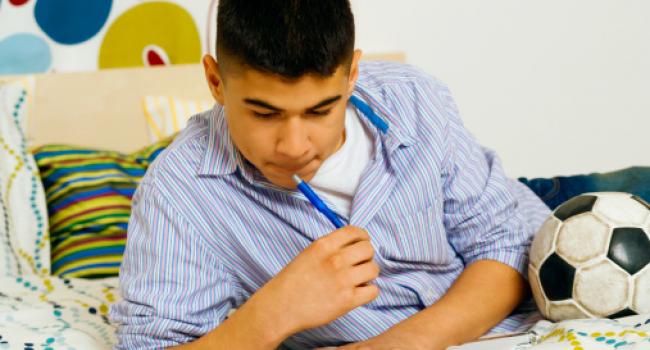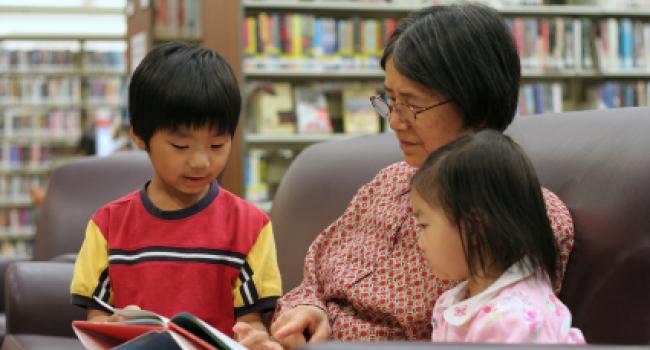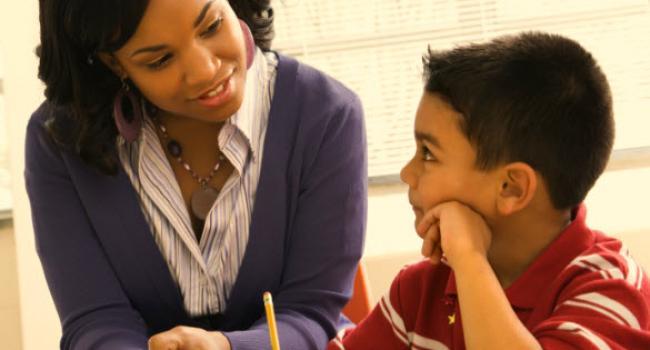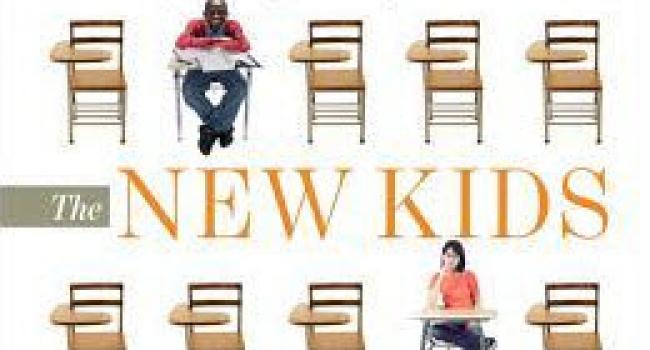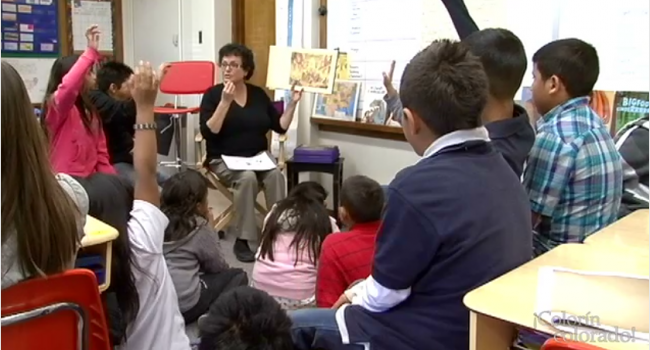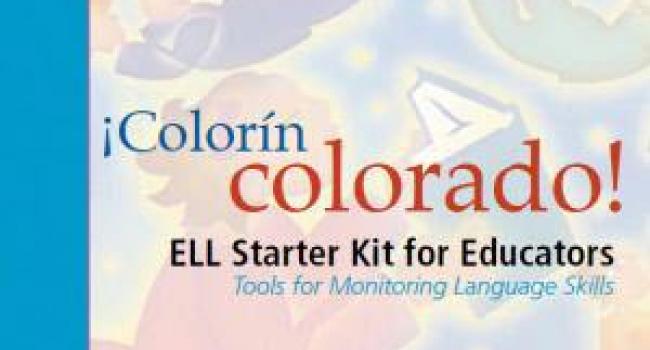For Families

As a parent, there are many ways that you can help your child succeed every single day! These bilingual parent resources offer tips on helping your child learn to read, succeed in school, and learn a new language. They also provide information about the U.S. school system and share ideas on how to build a relationship with your child’s teacher and school.
In addition, you can find fun reading tips and games, bilingual booklists, ideas for using the public library, and videos of children’s authors, illustrators, and musicians. Resources are organized by topic.
What You'll Find in This Section
There are lots of ways that you can help your children learn to read! From the time that they are babies to the time that they are in high school, there are many little steps you can take along the way — rhyming and singing songs, reading out loud, sounding out letters, going to the library, and reading books together in your home language. Helping your children learn to read might also mean finding support if they are having difficulty, which can affect their future success.
When you are with your child, there is a lot that you can learn together! This section has all kinds of ideas for activities that you can do around the house, outside, in your neighborhood, and during vacations at different times of year. It also has ideas related to math and science that are easy to try at home (like sorting socks).
The early years of a child's life make a big difference! From getting ready to read to getting ready to enter school, there are lots of ways to help make the most of this important time. Preschool programs can provide wonderful opportunities for your child to learn and grow, and some bilingual programs offer opportunities to learn in two languages. Even if your child isn't in preschool, there are many things you can do at home together, such as practicing letters and numbers, singing nursery rhymes, and reading with your child.
In the U.S., schools and families work together closely to help children succeed. For example, you can contact your child’s teacher if you have questions, or you may be invited to events at the school. These resources describe how you can build a relationship with your child's school.
Schools and Families: An Important Partnership
As a parent, there are many ways to help your child succeed in school! Helping your child get to school on time, get a good night's sleep, and looking for help if your child is having a hard time are all important steps that will make a difference each day. In the U.S., there is also more interaction between schools and families than in other countries.
One of the greatest gifts you can give your child is the gift of two (or more!) languages. Being bilingual is good for your child's brain, makes communication with grandparents and relatives easier, and is an advantage for finding jobs in the future. To learn more, see our resources for ideas on raising bilingual children here.
Raising Bilingual Kids
Technology is everywhere. Our digital devices offer all kinds of opportunities for kids to learn - and then teach grown-ups how it all works! Nevertheless, parents have an important role to play in guiding and monitoring kids' use of technology. These tips will help you figure out this brand new world.
Technology at Home
Older kids need different kinds of support from their parents than younger children do, but that support is still critical. These resources offer tips for helping your child in school, dealing with social issues, and preparing for applying to college.
Resources for Parents of Teens
Your library is one of the most important resources in your community, and anyone can use it. You and your family will find books, videos, music, newspapers, computers, and much more for kids and adults — for free! Learn more about your library from the articles and videos here.
Your Library
If your child is having a hard time at school or at home, it may be difficult to know how to get help. These resources offer some ideas for getting started, explain how to work with your child's school to get the right support, and provide information on different reading and writing difficulties.










